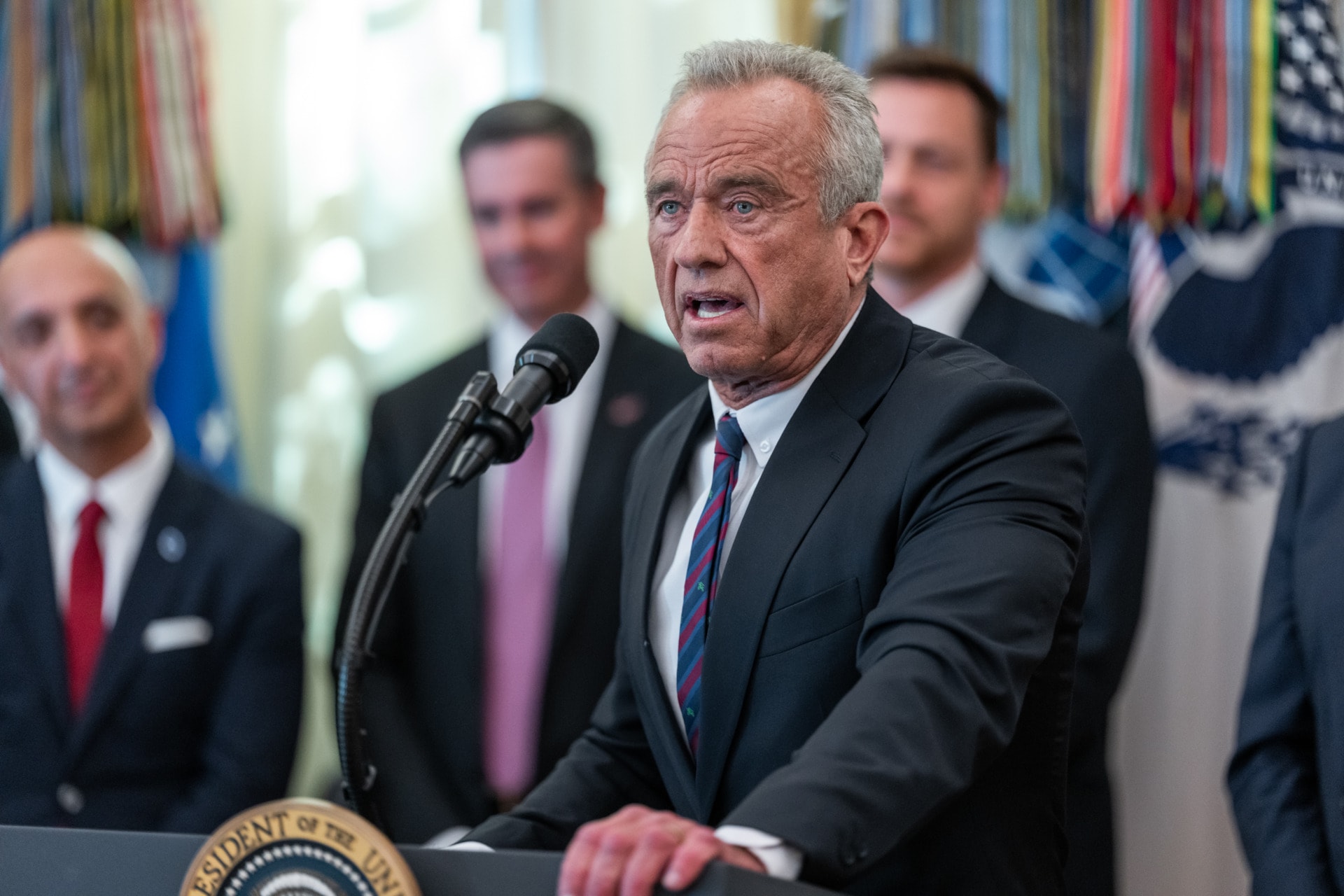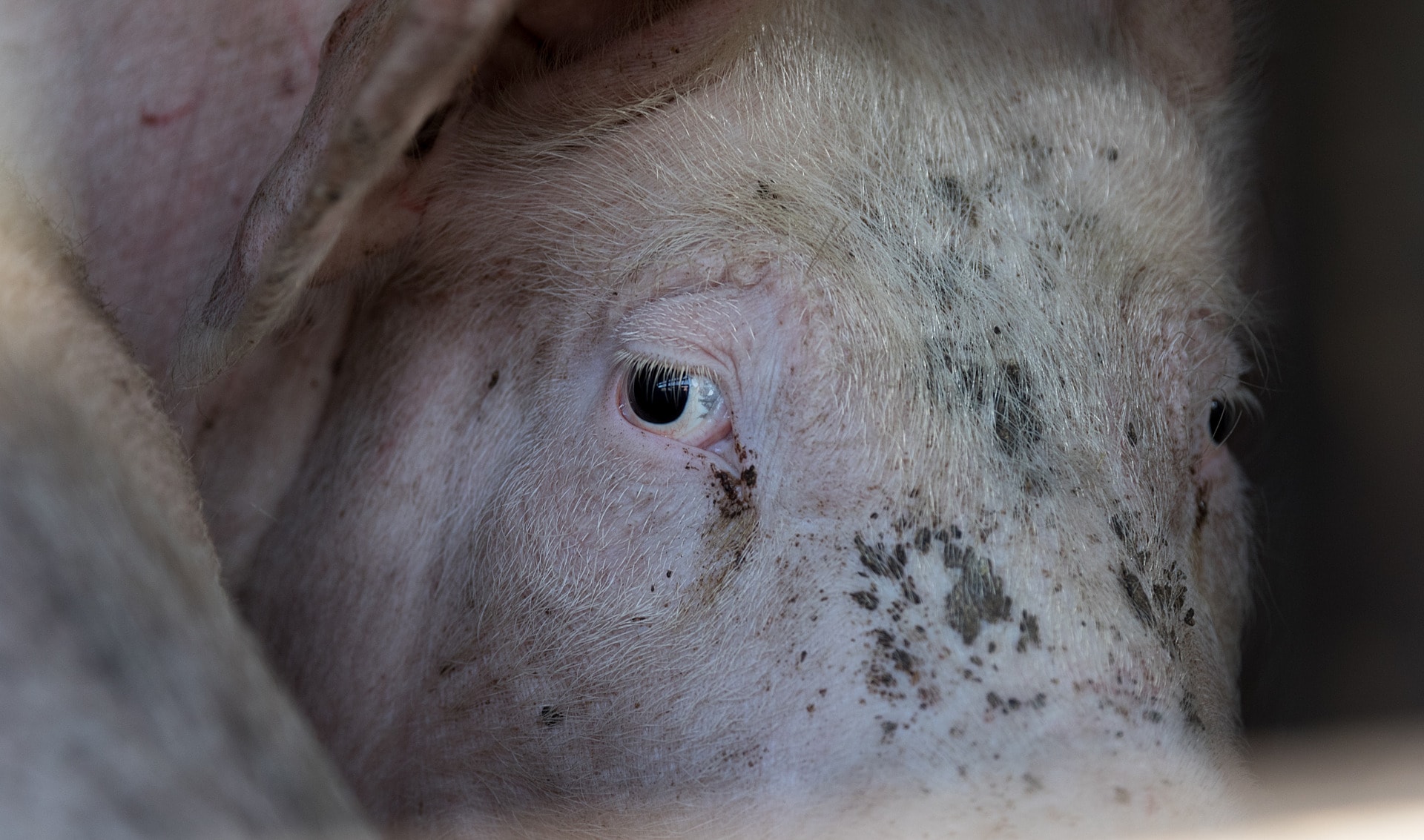The COVID-19 pandemic has exposed weaknesses in the world’s global health security networks, says a new four paper Series published in The Lancet. The Series authors argue we must implement a ‘One Health’ approach globally, with human, animal and environmental health organisations working together to better prevent, monitor and respond to public health emergencies.
The Lancet Series is composed of five articles published between January 19 and 21, 2023 and written by 104 experts:
- One Health: A Call For Ecological Equity, a Lancet editorial, out on January 21, to announce the series and remind readers that One Health has now become an “important concept in global health”, noting that: “Although the Series focuses on pandemic preparedness, One Health goes way beyond emerging infections and novel pathogens; it is the foundation for understanding and addressing the most existential threats to societies including antimicrobial resistance, food and nutrition insecurity, and climate change.” (bolding added) This puts One Health squarely in the “five spotlights” – the priorities for the future of health – that The Lancet wants to highlight this year, its 200th year anniversary:
- Advancing One human–animal–environment Health for global health security: what does the evidence say? by Prof Jakob Zinsstag, PhD, Andrea Kaiser-Grolimund, PhD, Kathrin Heitz-Tokpa, PhD, Rajesh Sreedharan, PhD, Juan Lubroth, PhD, François Caya, PhD, et al.; this article concludes: “One Health approaches appear to be most effective and sustainable in the prevention, preparedness, and early detection and investigation of evolving risks and hazards; the evidence base for their application is strongest in the control of endemic and neglected tropical diseases. For benefits to be maximised and extended, improved One Health operationalisation is needed by strengthening multisectoral coordination mechanisms at national, regional, and global levels.”
- A global analysis of One Health Networks and the proliferation of One Health collaborations by Athman Mwatondo, MD, Afifah Rahman-Shepherd, MSc, Lara Hollmann, MSc, Scott Chiossi, MSc, Josphat Maina, MD, Karishma Krishna Kurup, MD, et al.; their findings showed, inter alia, that “more One Health Networks (OHNs) are formed and headquartered in Europe than in any other region, and emerging infections and novel pathogens were the priority focus area for most OHNs, with fewer OHNs focusing on other important hazards and pressing threats to health security.”
- How prepared is the world? Identifying weaknesses in existing assessment frameworks for global health security through a One Health approach by Tieble Traore, DVM MSc, Sarah Shanks, MPH, Najmul Haider, PhD, Kanza Ahmed, MSc, Vageesh Jain, MBBS, Simon R Rüegg, PhD, et al.; the article highlighted that “Current frameworks do little to consider anthropogenic factors in disease emergence or address the full array of health security hazards across the social–ecological system” noting that “we cannot afford to overlook important contextual factors, or the determinants of these shared threats” and it called for interventions and outcomes to be “assessed in terms of added value, trade-offs, and cobenefits across human, animal, and environmental health systems.”
- Global and regional governance of One Health and implications for global health security by Azza Elnaiem, MBBS, Olaa Mohamed-Ahmed, MBBch MSc, Prof Alimuddin Zumla, PhD, Jeffrey Mecaskey, MS, Nora Charron, MSc, Mahamat Fayiz Abakar, PhD, et al.; here four challenges were identified and analyzed: “first, the sectoral, professional, and institutional silos and tensions existing between human, animal, and environmental health; second, the challenge that the international legal system, state sovereignty, and existing legal instruments pose for the governance of One Health; third, the power dynamics and asymmetry in power between countries represented in multilateral institutions and their impact on priority setting; and finally, the current financing mechanisms that predominantly focus on response to crises, and the chronic underinvestment for epidemic and emergency prevention, mitigation, and preparedness activities.” They make 12 recommendations to address these challenges.
Overall, in The Lancet Series, the authors call for greater investment in the One Health approach, especially for preventive and preparedness interventions for health emergencies.
At this point, there is clear evidence of the benefits in terms of the number of human and animal lives saved and financial savings resulting from closer cross-sectoral cooperation. Billions of US dollars per year are required to make a real impact on prevention and preparedness globally – a small fraction of the cost of responding and recovering from a global health emergency like the COVID-19 pandemic.
The Series argues the One Health movement must break free from power structures centered in high-income countries to establish more egalitarian global networks that address the breadth of issues and serve communities most affected by emerging and existing health security threats.
Additionally, priorities for funding must move beyond subsidies and grants for a development and academic industry based in high-income countries, to focus more closely on measurable technology transfer and self-sufficiency in Lower and Middle-Income Countries (LMICs).
The Series also found that environmental organisations are often missing from the design and agenda-setting of One Health Networks which limits the extent to which a full One Health approach is being practiced. Authors call for One Health approaches to involve more environmental health and community organisations to better integrate environmental, wildlife and farming issues into addressing challenges relating to disease spill over and the threat of future pandemics.
Dr Osman Dar, Chatham House, London and one of the authors in the Series, says:
“The COVID-19 pandemic has brought into much sharper focus the interconnectedness of human health, animal health, and the state of the environment, and the catastrophic impact of underestimating threats that emerge at this interface. As countries, seek to recover from the impacts of the COVID-19 pandemic, adopting integrated One Health approaches with a full consideration of its underlying principles will be key to achieving meaningful progress and building back better.”
The medical and scientific communities have never been so unanimous in their call for One Health action: Now is the time to push for a One Health approach everywhere – it has proved itself to be the best way to get ready for the next pandemic.
Author’s Note: This news was brought to my attention by the One Health Initiative– with many thanks.
Editor’s Note: The opinions expressed here by the authors are their own, not those of Impakter.com — In the Featured Photo: CDC champions a One Health approach, encouraging collaborative efforts to achieve the best health for people, animals, and the environment. Photo credit: Awadh Mohammed Ba Saleh (Flickr) March 2009














